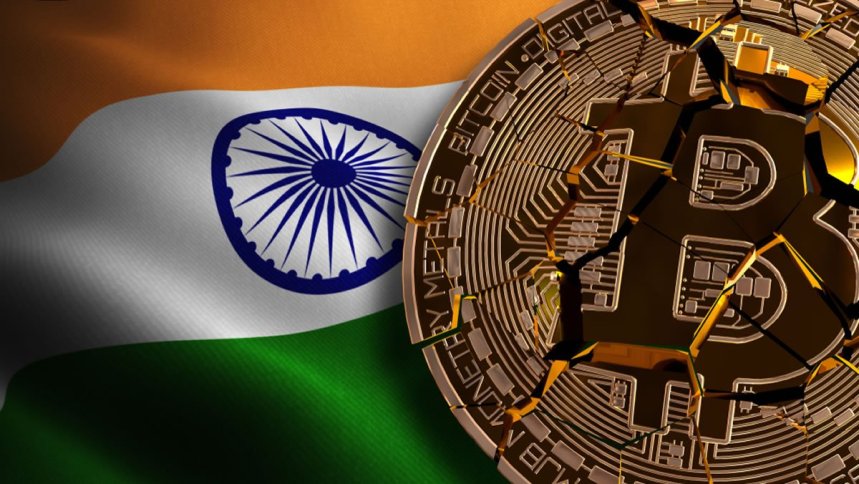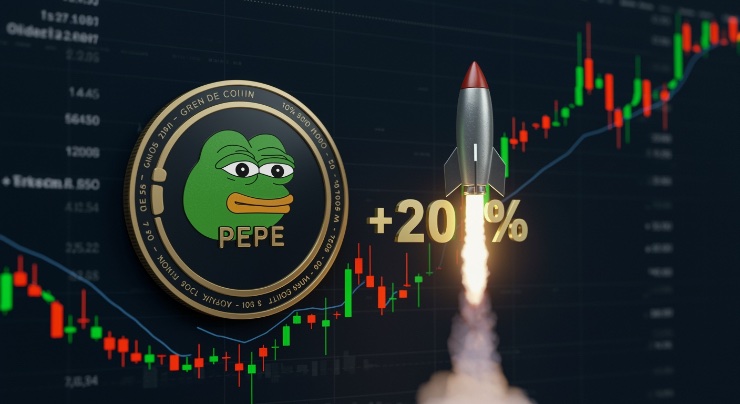Reason to trust

How Our News is Made
Strict editorial policy that focuses on accuracy, relevance, and impartiality
Ad discliamer
Morbi pretium leo et nisl aliquam mollis. Quisque arcu lorem, ultricies quis pellentesque nec, ullamcorper eu odio.
The Reserve Bank of India has continued is tirade against the legalization of cryptocurrencies by filing an affidavit to the country’s supreme court. The Supreme Court will be holding a hearing on the case of legalizing cryptocurrency on September 17th, at which time the affidavit will be reviewed.
According to a recent report, the RBI claims that cryptocurrencies cannot be recognized as legal currency due to the existing legal frameworks, and that cryptocurrencies cannot be legalized unless the government adjusts the requirements for what a legal currency can be.
The RBI noted that, in addition to not meeting the legal framework for a currency, cryptocurrencies are “neither currency nor money; they can’t even be considered as a valid payment system.” This statement is exceptionally bold, considering that many investors and users of crypto see it as a better means of payment that traditional fiat currency.
A Brief History: India Bans Crypto
The ban on the trading of cryptocurrencies was first put in place this past April, when the RBI isolated Indian based crypto exchanges by banning banks from working with them. Preceding these unprecedented actions, India’s government had issued multiple warning about Bitcoin and crypto, emphasizing that they are not legal currencies and that investors should trade with caution.
At the time of the April ban, the RBI made a statement, saying that:
“It has been decided that, with immediate effect, entities regulated by RBI shall not deal with or provide services to any individual or business entities dealing with or settling cryptocurrencies. Regulated entities which already provide such services shall exit the relationship within a specified time.”
These actions infuriated Indian cryptocurrency investors and significantly reduced the liquidity from these exchanges. The amount of anger and inquisition from investors led to an unnamed government official to make a clarifying statement on the ban, saying:
“I don’t think anyone is really thinking of banning it (cryptocurrencies) altogether. The issue here is about regulating the trade and we need to know where the money is coming from. Allowing it as (a) commodity may let us better regulate trade and so that is being looked at.”
Since then, there have been contradictory actions and statements taken by various government organizations, which have led to significant confusion on what the outcome of the ban will ultimately be.
In early September, reports surfaced claiming that India’s main regulatory authority, the Securities and Exchange Board of India (SEBI), which supposedly sent teams to multiple countries in order to gain a better understanding of how multiple countries, like Japan and Switzerland, are regulating cryptocurrency.
The Supreme Court is currently reviewing the RBI’s affidavit and will be holding a hearing on the case between crypto exchanges and the RBI on September 17th.
Featured image from Shutterstock





















